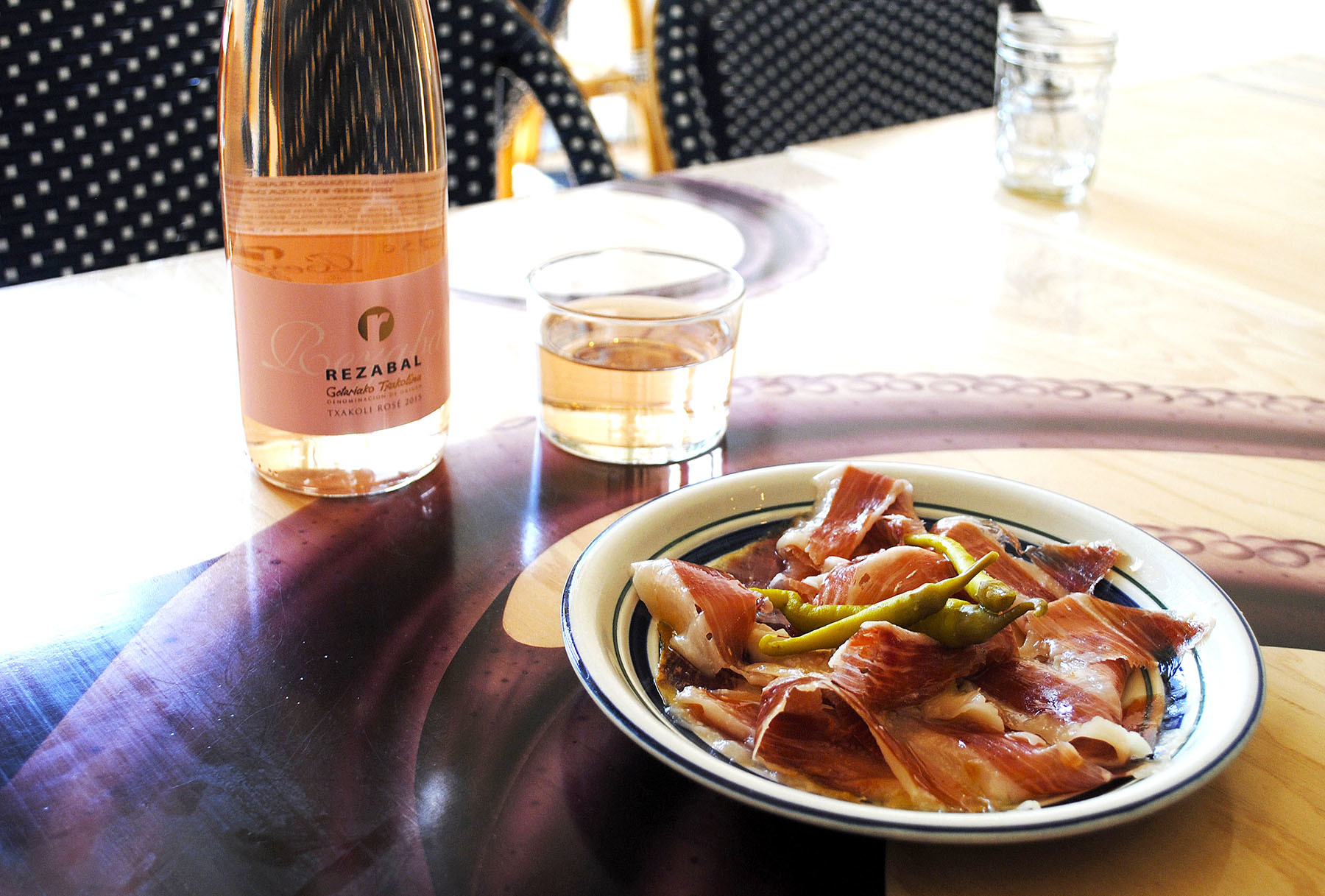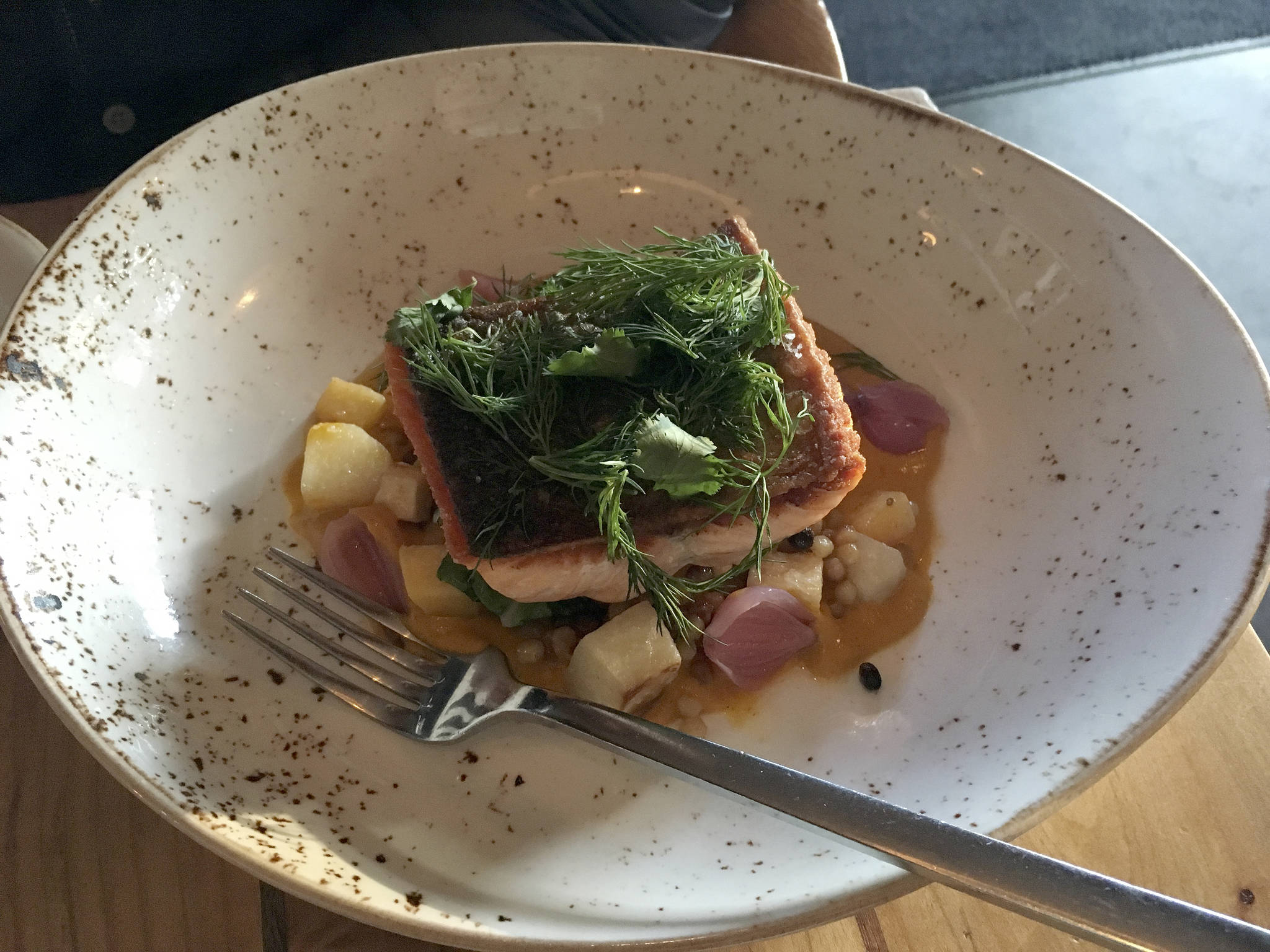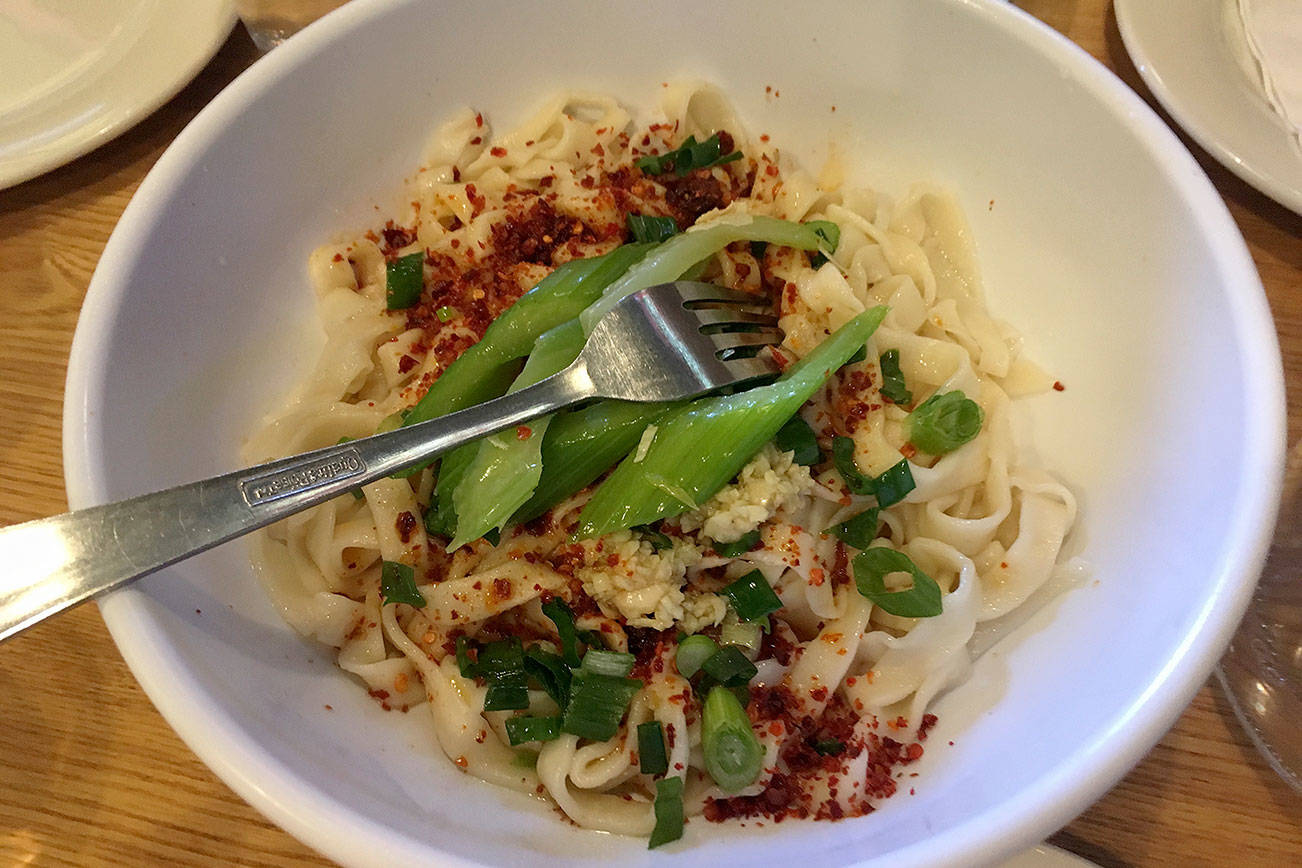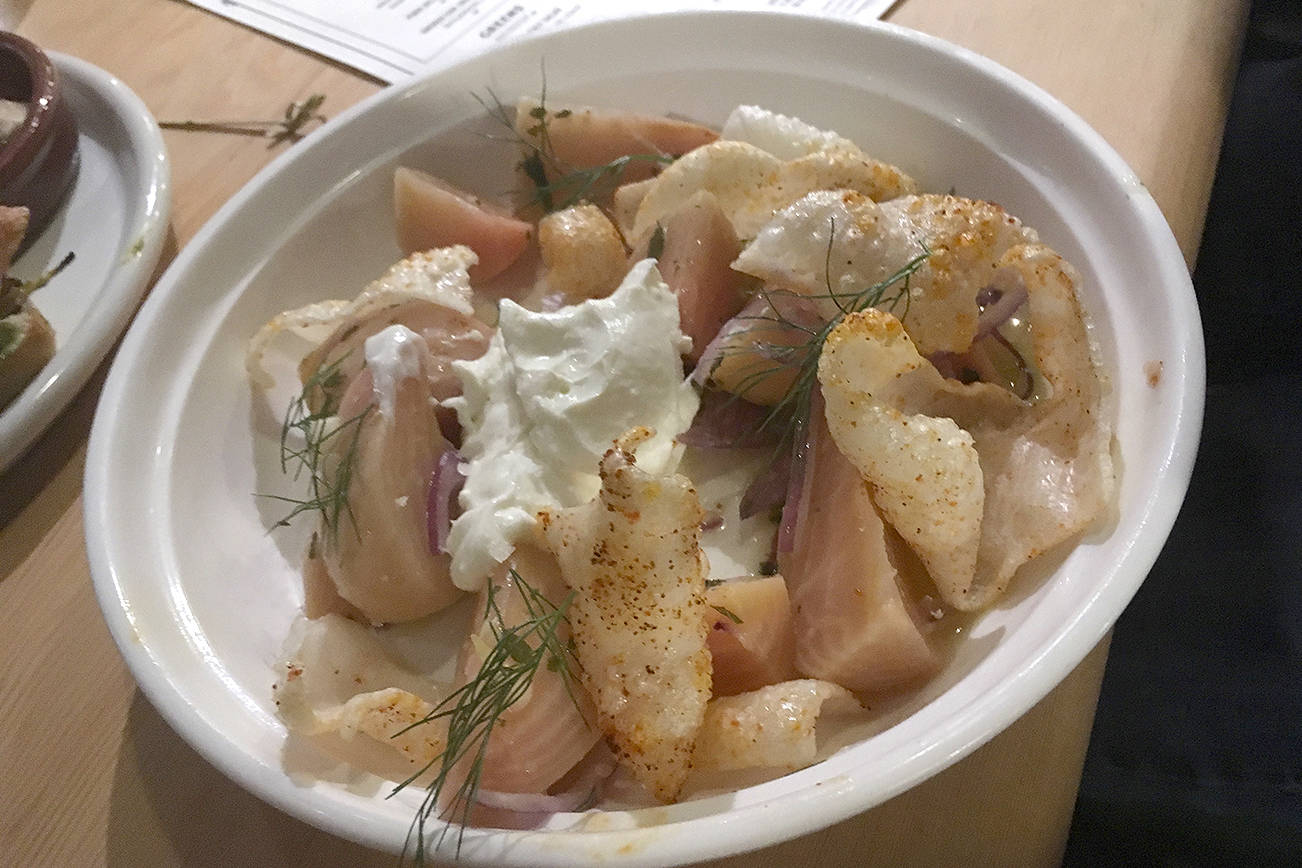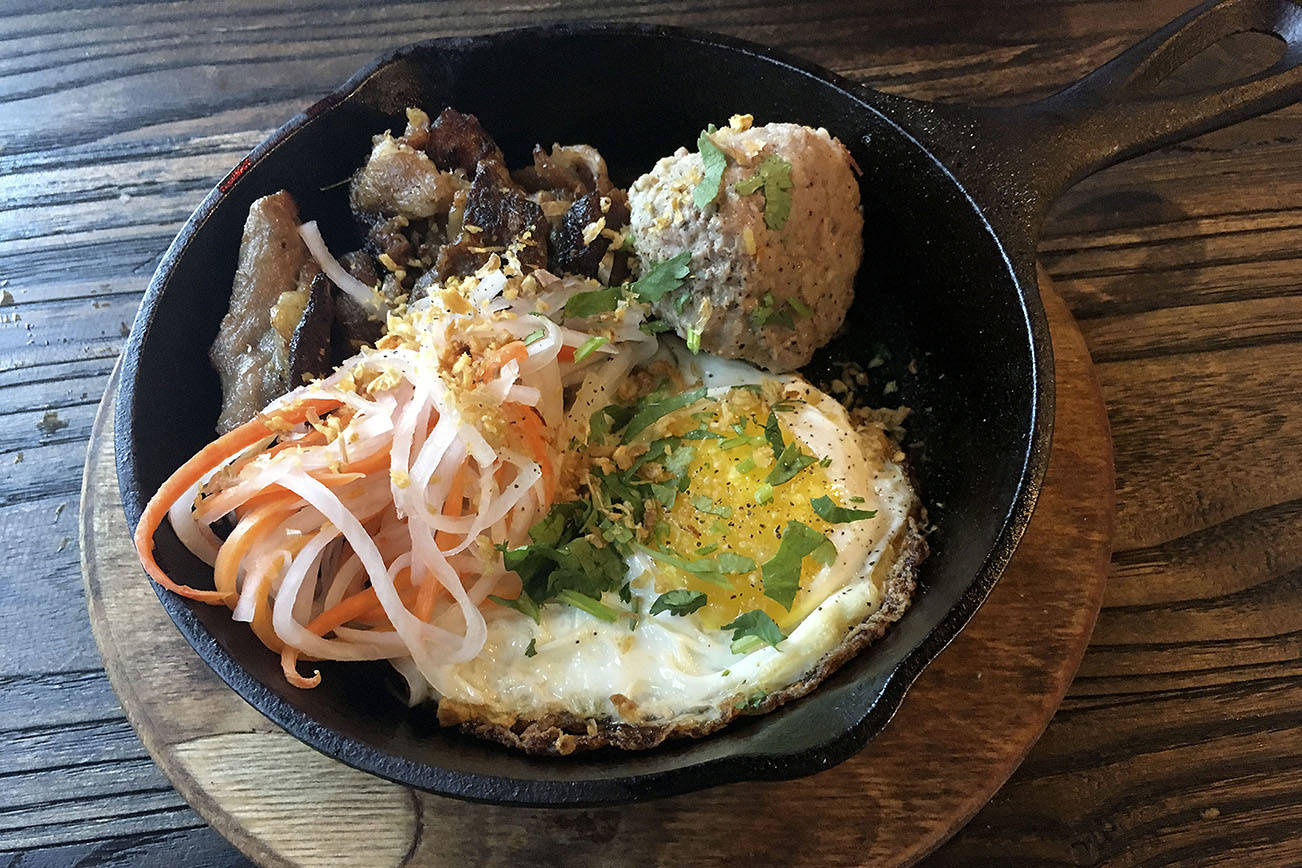Last spring, as I pored through Vogue during a flight, I happened upon an article extolling the virtues of a party centered on eating only food from tins—as in tins of sardines, mussels, cockles, duck, anchovies, white asparagus, and other delicacies. I was skeptical. The party sounded precious and silly, and as hard as the writer worked to persuade me that these foods were in fact “a way to fix the seasons”—an opportunity to experience the terroir of a particular place, to enjoy a perishable food from, say, France or Spain that we wouldn’t otherwise—I still blanched at the idea. It’s not that I don’t ever enjoy tinned foods: At a picnic, great. Eaten on a saltine at home for a quick, cheap snack, sure. But the idea of an entire dinner party based solely on these room-temperature, straight-from-the-store items threw me. Yet by the time of the article’s appearance, New York and London had already opened restaurants centered on the concept. Now Bryan Jarr (formerly of Madison Park Conservatory) has brought one to Seattle, aptly named Jarr Bar (1432 Western Ave., 209-2239, jarrbar.com).
Located on Western Avenue, on the back side of the Market, Jarr’s conception was inspired by his travels in Portugal and northern Spain, where it’s not uncommon to drop into a tapas bar for a glass of wine, perhaps a tin of pulpo, and maybe a plate of cured meats or cheese (here you’ll find varieties from Vashon Island, Brooklyn, Spain, and France)—and the menu reflects that casual, no-frills experience, the little bite of something to tide you over until dinner. A large portion of the menu is indeed dedicated to tins (that you can buy for less at The Spanish Table next door)—Matiz sardines, Matiz mussels in oil and vinegar, Matiz cockles with a shot of tomato juice, Matiz pulpo, and so forth—and are served with only a side of lemon and a pinch of sea salt and espelette with which to doctor the metal-encased contents to your liking. The waiter does, however, open the lid for you . . .
There are also foods jarred by Jarr, like smoked black-cod rillettes, essentially an oily fish dip that pairs nicely with crackers and a Spanish gin & tonic with juniper berries, lime, and St. Germain. Other jarred items include house pickles; olives; smoked trout caviar with crème fraiche; and boquerones (anchovies), piparras (Basque peppers), and olives on a stick. There are also several cheeses to choose from, and “plates,” which are also mostly prepared or preserved too, like one piled with Ibérico ham. Essentially, the only plates actually “made” by the restaurant include a tuna mayonesa (a tuna salad) stuffed inside piquillo peppers and soft-cooked eggs.
We ordered a tin of squid in its own ink, the smoked cod rillettes, the Ibérico ham, and the tuna mayonesa. It was all perfectly fine, and I especially enjoyed the cod and, of course, the ham with its rich, nutty essence, but couldn’t muster great enthusiasm for the tin or the tuna mayonesa. The main problem is that there’s an underlying sameness to much of the menu, a preponderance of brine and oil that is OK in small doses but very hard to make a meal of. But that, I suppose, is the heart of the matter. Jarr Bar, as its name implies, is ultimately a place to stop in for a drink and with it enjoy a bracing bite or two of the sea or a salty plate of cured meats. And the small, crowded room, taken up mostly by the bar, further validates that point. There are only three actual tables for two at the front of the restaurant, each decorated with whimsical paintings—like a squid’s roaming purple arms or a school of ordered blue fish. The stark white walls are punctuated by all sizes and shapes of mirrors framed in white and blue. Blue and white polka-dot chairs contribute to the nautical theme as well.
It has a quaintness, and as long as you can get past the idea that most of the food you might easily pick up from a specialty store, you may be able to appreciate its clever conceit and sheer novelty. There is nothing like it in Seattle, and it brings an undeniably European sensibility. While I realize the intention is to be low-maintenance, my experience would, I think, have been optimized by the addition of just a few homey touches: Even some warm bread or a thoughtful salad would have gone far in welcoming me and opening my palate to the pleasures lying cool and quiet beneath a tin lid.
